|
|
|
Editor's note
|
|
Forty years ago this weekend, more than 900 men, women and children died during the Jonestown massacre, including Rebecca Moore’s two sisters. She writes that by fixating on the tragedy – and the infamous Jim Jones of Jonestown – we miss the larger significance of Peoples Temple, which was one of the few long-term experiments in American interracial communalism. Moore, a religious studies scholar, describes the early years of the Temple, its
mission of service and social justice, and why it attracted young, idealistic Americans like her sisters.
If people are aware about space debris, they probably view it as a technical challenge. How will humanity figure out how to clean up the thousands of fragments of satellites and other spacecraft now orbiting the Earth? But University of Washington space expert Saadia Pekkanen makes the case that dealing with space is debris is also very much a question of national security.
A trip to the movies can be a thrilling or amusing escape from everyday life. Arizona State risk innovation scholar Andrew Maynard suggests sci-fi flicks can also be instructive, even if the science on the screen is pretty far-fetched. Watching Hollywood characters work through the relationships between people and technology can help real-world inventors think about how to innovate responsibly.
|
Nick Lehr
Arts + Culture Editor
|

|
|
Top Stories
|
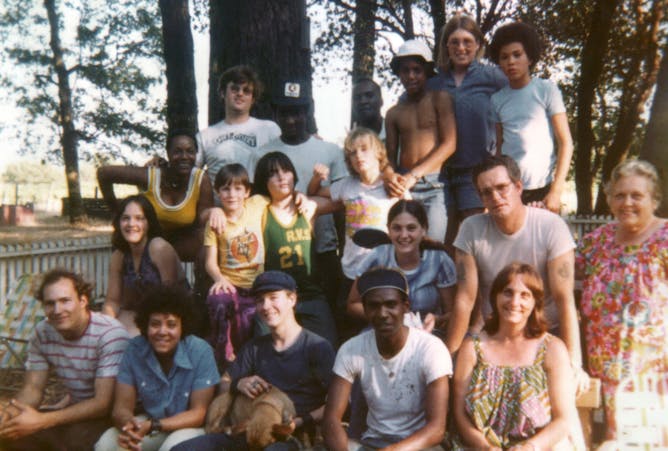
In the 1960s, the Temple established nine residential care facilities for the elderly and six homes for foster children in the Redwood Valley.
Peoples Temple / Jonestown Gallery/flickr
Rebecca Moore, San Diego State University
Throughout the movement's history, African Americans and whites lived, worked and protested side-by-side. It was one of the few long-term experiments in American interracial communalism.
|
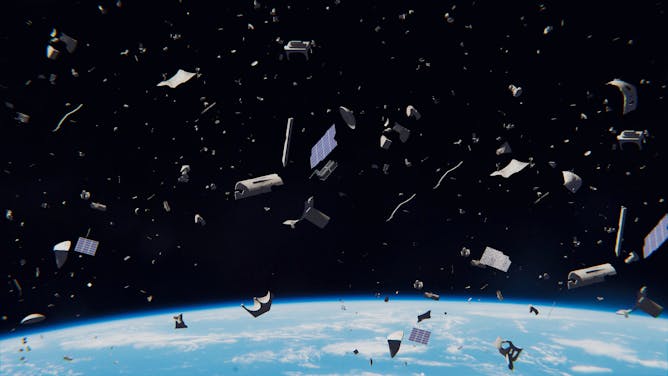
Space debris in Earth orbit creates a dangerous obstacle course for satellites and astronauts.
Dotted Yeti / Shutterstock.com
Saadia Pekkanen, University of Washington
Countries developing technology that removes or blasts away space junk may appear to be doing a public service. But those same technologies can destroy military and communications satellites.
|
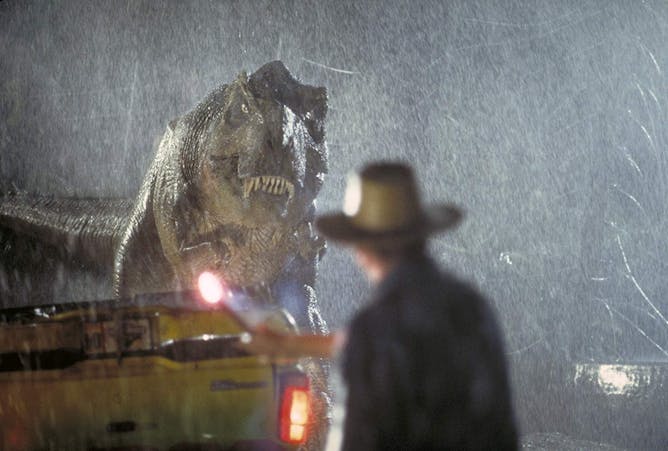
If you don’t want to be facing down an angry dinosaur, pay attention to what happens on screen.
Universal Pictures
Andrew Maynard, Arizona State University
As fictional inventors make terrible choices on the big screen, real-world tech innovators can learn from their example how not to make the same kinds of ethical mistakes.
|
Economics + Business
|
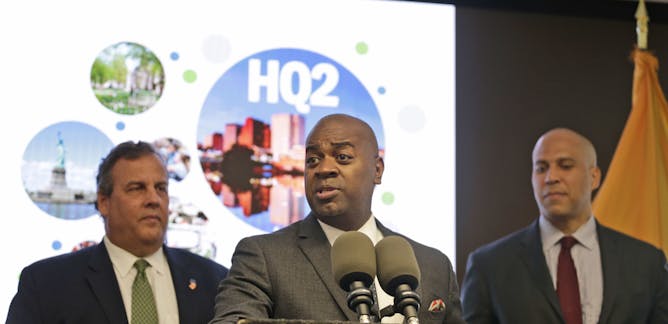
Nathan Jensen, University of Texas at Austin; Edmund Malesky, Duke University
Some say the more than 230 cities that lost their bids for Amazon's second headquarters were dupes in the retailer's game. In fact, they were willing participants with their own aims.
| |

Ryan Stoa, Concordia University School of Law
About two-thirds of Americans now live in states where marijuana is legal for medicinal or recreational purposes, leading some to worry corporate and Wall Street interests will take over the industry.
|
|
|
Environment + Energy
|
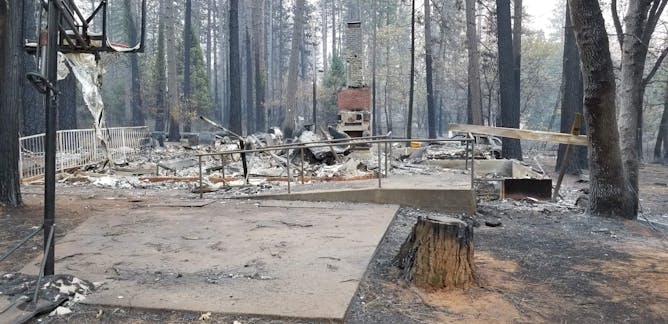
Faith Kearns, University of California, Division of Agriculture and Natural Resources; Max Moritz, University of California, Santa Barbara
The dry, hot, downslope Santa Ana winds of Southern California fan late fall wildfires that have largely traveled through – and are fueled by – homes and other structures.
| |

Jeremy D. Owens, Florida State University; Theodore R. Them II, College of Charleston
Drastic oxygen losses in the world's oceans millions of years ago coincided with mass extinctions. Scientists see this as a warning about how climate change could affect oceans today.
|
|
|
Politics + Society
|
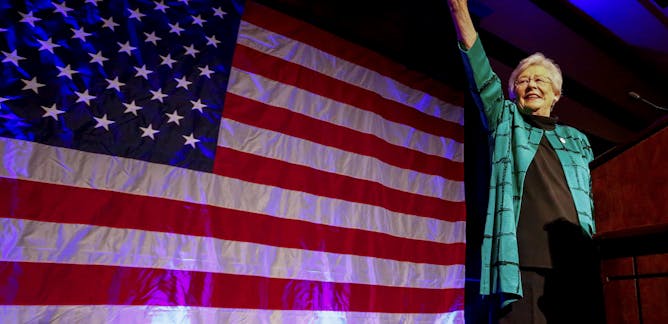
Deana Rohlinger, Florida State University
While a record number of women are headed to Congress, a number of conservative measures passed across states. What explains this?
| |

Liberty Vittert, Washington University in St Louis; Colby Dolly, University of Missouri-St. Louis
Police practices like stop and frisk are often criticized as racial profiling. But it can be tricky to figure out from the data which officers are the worst offenders.
|
|
|
Education
|
-
Chad M. Gasta, Iowa State University
In an effort to get a competitive edge in the global jobs market, more US college students are choosing to get international experience, an expert on study abroad says.
|
|
Health + Medicine
|

Adriana Galván, University of California, Los Angeles
Researchers tracked adolescents' sleep and scanned their brains. As expected, better sleep went with healthy brain development. Unexpected was the importance of one aspect of where teens slept.
| |

Wei-Chiao Huang, University at Buffalo, The State University of New York; Jonathan Lovell, University at Buffalo, The State University of New York
Researchers have tried unsuccessfully for decades to develop a malaria vaccine. Now a new approach, showing promise in mice, suggests it is possible to block mosquitoes from spreading the disease.
|
|
|
Science + Technology
|
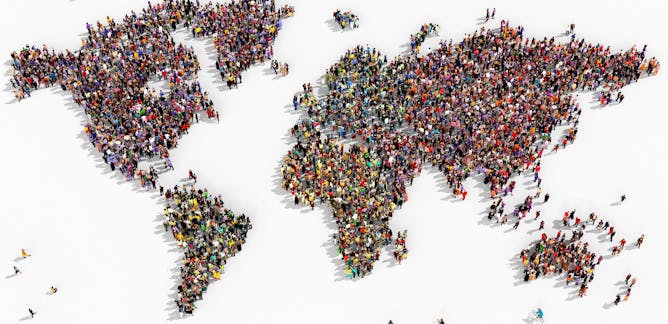
Daniel Hruschka, Arizona State University
Ninety percent of psychology studies come from countries representing less than 15 percent of the world's population. Researchers are realizing that universalizing those findings might not make sense.
| |
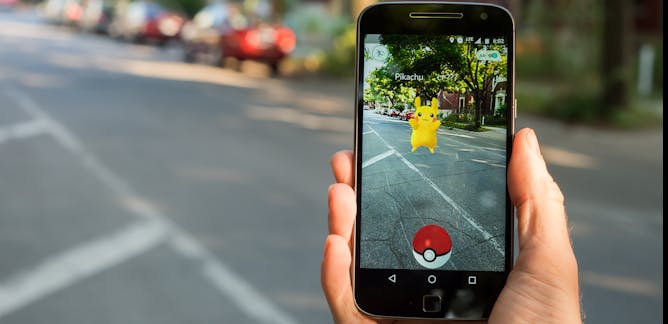
Maximilian Speicher, University of Michigan
Before augmented reality products and apps take over the world, they'll have to get out of their own way.
|
|
|
Ethics + Religion
|
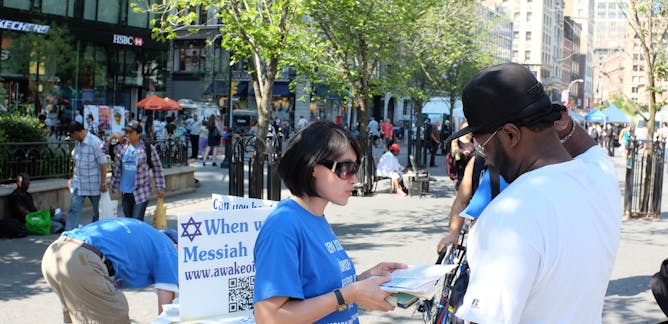
Ingrid Anderson, Boston University
Loren Jacobs's prayer for victims of the Tree of Life congregation offended many Jews. Jacobs is part of a group called Jews for Jesus – a messianic Jewish organization with a complicated history.
| |
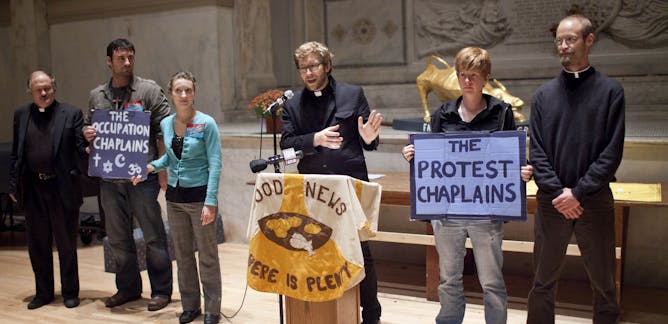
Wendy Cadge, Brandeis University; Michael Skaggs, Brandeis University
The traditional role of chaplains is changing. They are increasingly present in social movements such as Occupy, Standing Rock and Black Lives Matter.
|
|
|
Arts + Culture
|

Kirsten Fermaglich, Michigan State University
The demographics of name change petitioners today – and the reasons that they give – tell a complicated story of race, class and culture.
| |

Elizabeth Heineman, University of Iowa
Physician Magnus Hirschfeld advocated for those he called 'sexual intermediaries.' His activism began before World War I - and ended only when the Nazis came to power.
|
|
|
| |
| |
| |
| |
| |
| |
|
|
|
|
|
|
|